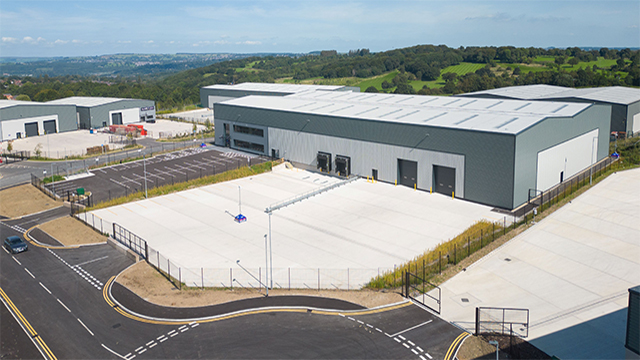The planning system must be streamlined to allow the UK to embrace the “21st-century technology revolution”, two political heavyweights have said.
Former prime minister Sir Tony Blair and former foreign secretary Lord Hague have published a report, A New National Purpose, calling for a range of reforms to help Britain find its “niche” in an increasingly technological age.
Among calls for digital ID cards and greater investment into R&D, the former political rivals have called on the government to harness data and reform planning.
They called for “a shift in the government’s approach to data, so that it treats them as a competitive asset that can be used to drive down the cost of delivery and build high-value data sets, such as in the biomedical field”.
The planning system came under particular scrutiny from the two former party leaders.
“The limitations of current planning regulations for economic growth and inequality are well known,” the report said. “This is a particular issue in science and technology. New infrastructure is vital for R&D endeavours, but the current planning system is a major time and resource constraint. It curtails the ability of entrepreneurs to build the infrastructure they need and attract talent due to high costs and delays.”
It refers to the demand for around a 1m sq ft of laboratory space in Cambridge but the availability of just 10,000 sq ft, as reported in EG.
The report recommends that the government “pursue broader planning reforms to ensure infrastructure projects that are critical to the UK’s economic transformation can get approval in six months or less”.
It acknowledges that this will not be easy.
The report said: “This will mean reviewing, modernising and streamlining every step of the process, including the 2008 Planning Act, the process for setting out and updating National Planning Statements, and the process for local consultation and environmental audits. There must also be greater flexibility for amending a development-consent order once it has been submitted.
“A minister could be given responsibility for bringing together state actors – from local authorities and community groups to grid operators and planners – to speed planning approval and project delivery.”
In addition, the development of lab-space must be promoted and supported. “The construction of tech-relevant infrastructure such as laboratories is a very small part of overall building but has a disproportionate impact on the economy,” the report said.
It recommends that “exemptions and fast-track processes for R&D infrastructure planning” should be introduced.
The report added that “any ’Brexit dividend’ is yet to be fulfilled”, as Germany has abolished EU rules preventing fully automated warehouses, while the UK has retained them.
In conclusion the report said: “Ahead of us is the opportunity to make the UK a force for the next century – it’s an opportunity we must seize.”
To send feedback, e-mail piers.wehner@eg.co.uk or tweet @PiersWehner or @EGPropertyNews











